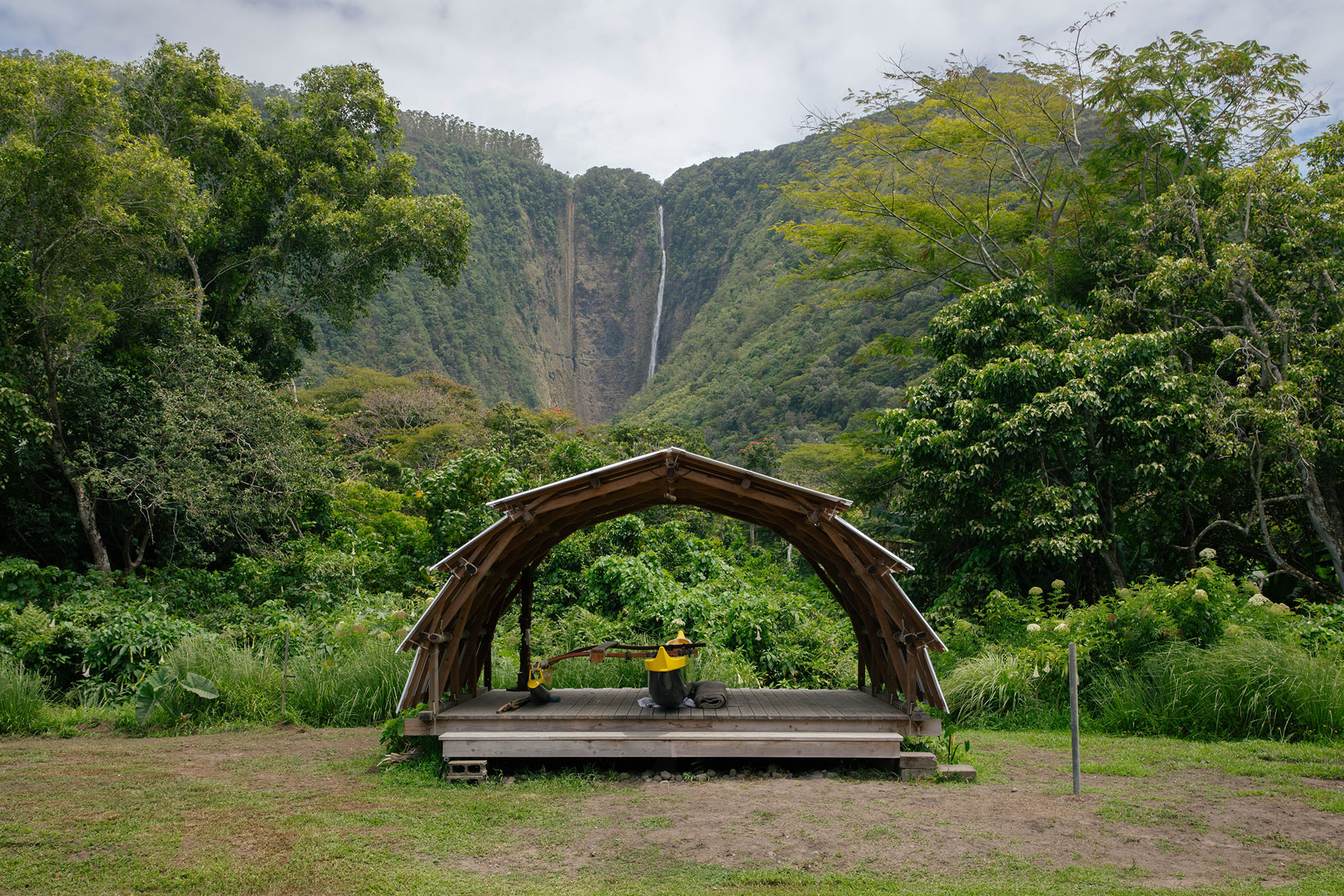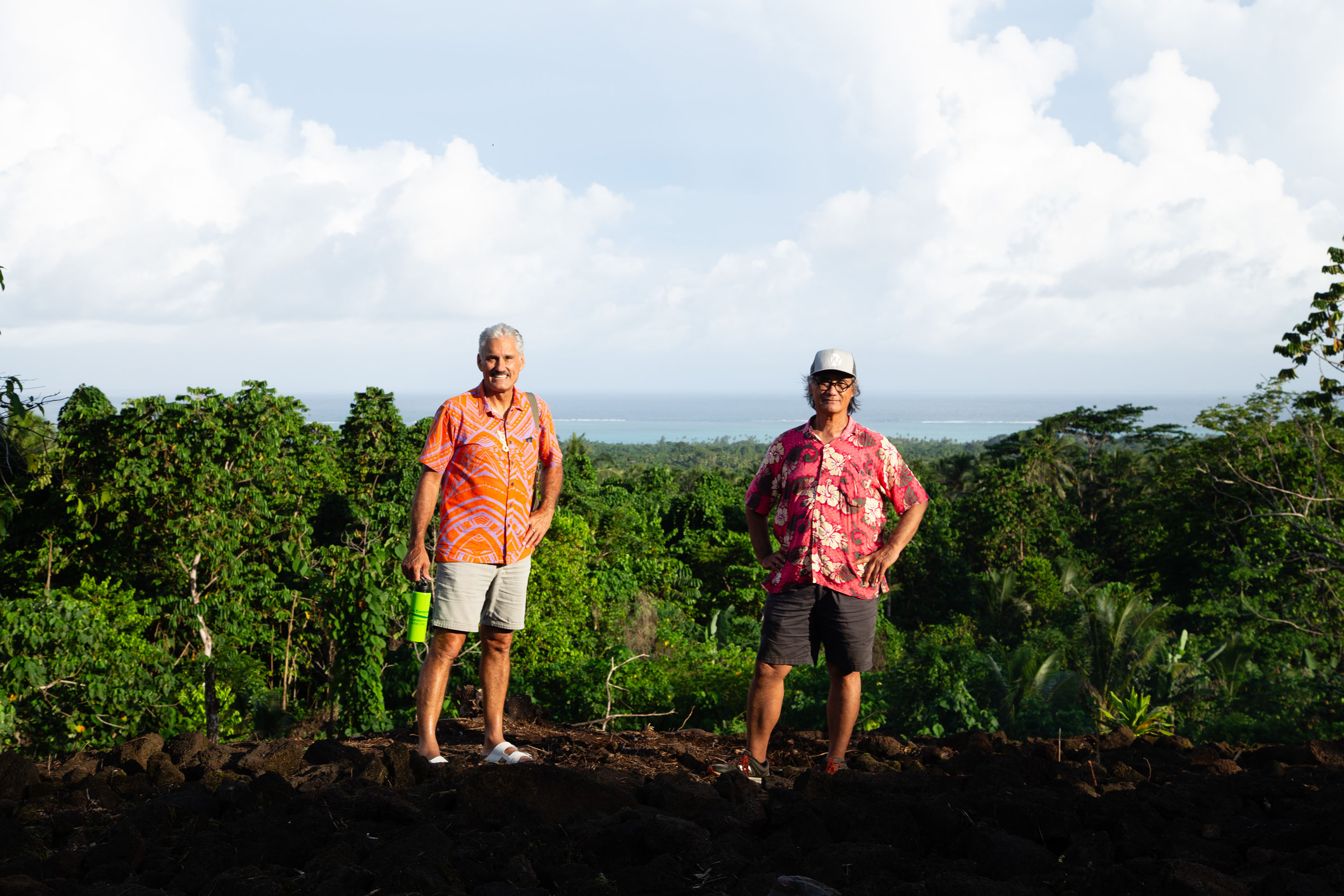

Vā Moana were thrilled to host visiting Tongan researcher, Dr. Tēvita O. Kaʻili, for a Vā Kōrero. The Kava Book Club were invited as respondents.
Maui-TāVā-He-Ako Dr. Tēvita O. Kaʻili is a Professor of Cultural Anthropology at Brigham Young University (Hawaiʻi). Dr. Kaʻili’s presentation was titled Tauhi Fonua and Pukepuke Fonua: Tongan Cosmogonies as a Foundation for Socio-Ecological Responsibilities. Read the presentation abstract below:
The presentation asserts that tauhi fonua (caring for socio-ecology) is intricately linked to pukepuke fonua (holding tightly to socio-ecology) and are both rooted in Tongan talatupu’a, or Tongan cosmogony creation story. Cosmogonies provide a foundation for ecological responsibilities, and the presentation critically analyzes eight different versions of it that were collected by various scholars: John Thomas & ‘Amelia Fakahiku-o-‘Uiha (1854); P. Reiter & Taufapulotu (1907); James Egan Moulton & Tongavalevale (1921); E.E. Collocott & Taufapulotu (1924), Phyllis S. Herda (1988), ‘Okusitino Māhina (1992), Masiu Moala (1994), and ‘Ilaisaane Kakala Taumoefolau (2011). These versions were chosen because of their comprehensiveness in recounting Tongan cosmogony, starting with the original ancestral places of Vahanoa (Open Sea) and Pulotu and leading to the emergence of the Tongan primordial ancestors of Limu and Kele. All of the versions of the story point to the felavai, or intersection, of society and ecology within the fonua. In fact, the concept of fonua encompasses the oneness of society and ecology. However, societal aspects of fonua tend to be emphasized more today, while its ecological dimension is marginalized. Tāvāism, or the Indigenous Tongan Tā-Vā Philosophy of Reality, stresses that society and ecology are a hoa, or pair, and that these two elements of the pair are symmetrically mediated to give rise to harmony and, above all, beauty. The presentation stresses that Tongan talatupu’a remind us that tauhi fonua and pukepuke fonua are socio-ecological and interwoven, and that the ecological aspect of fonua must not be overlooked. This is particularly relevant in the age of climate crisis, rising sea level, extreme weather, land-and-ocean pollution, seabed mining, and environmental destruction.
Vā Kōrero operates as a quarterly platform to support the research and practice of cluster members and our extended network. Affiliates, candidates, and wider whānau are invited to share in ceremony, food, and presentations of research; to engage with and seek support/mentorship from knowledge holders, senior academics, and artists alike.


